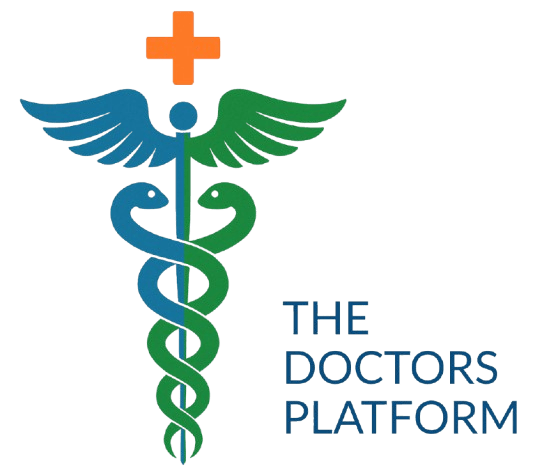Highlights
The British Society of Gastroenterology has issued guidelines for diagnosing and treating irritable bowel syndrome including dietary and psychological treatments, in primary care and other settings.
- When diarrhea is a prominent feature of IBS, few investigations are needed unless alarm features are present.
- Diagnosis is made by history of abdominal pain or discomfort typically relieved by defecation and associated with change in stool form (usually looser) and in stool frequency.
- Associated features that may aid in diagnosis include frequent consultation for medically unexplained symptoms, somatization and past history of anxiety or depression. Psychological assessment should evaluate current anxiety and depressive symptoms.
- Alarm features mandating further investigations include
- age > 50 years,
- symptom duration less than 6 months,
- weight loss,
- nocturnal symptoms,
- family history of colon cancer,
- rectal bleeding,
- anemia and
- recent antibiotic usage.
- Warning signs indicating that the primary care clinician should refer the patient with suspected IBS to a specialist include rectal bleeding (warrants referral for flexible sigmoidoscopy), presence of several alarm features, uncertainty concerning the diagnosis, failure to respond to initial management strategies, disabling health-related anxiety and longstanding symptoms with impaired quality of life.
- Before additional testing (eg, for complete blood count, ESR and endomysial antibodies), patients should be told that IBS is the most likely diagnosis. Patients’ fears that their symptoms may reflect serious disease should be elicited and specifically addressed. Without denying the significance of their symptoms, giving the patient a positive diagnosis and reassuring them that IBS has a benign course tends to improve outcomes.
- Treatment of associated anxiety and depression often improves bowel and other symptoms.
- IBS is a heterogeneous condition with a wide spectrum of treatments including dietary modifications and psychological and pharmacologic therapies. Each of these therapeutic approaches benefits a small proportion of patients.
- Dietary management should begin with moderation of excessive consumption of any 1 component, especially lactose, wheat and/or insoluble fiber.
- When anxiety, panic attacks and depression are key symptoms, psychological therapies should be first-line treatment, including cognitive behavioral therapy and psychodynamic interpersonal therapy to improve coping, hypnotherapy to reduce global symptoms in otherwise refractory patients and relaxation therapy.
- Antispasmodic drugs are safe but only slightly more effective than placebo. Soluble fiber supplements may improve constipation, but bran and other insoluble fiber may aggravate symptoms.
- Loperamide may reduce urgency and frequency but increase abdominal pain and discomfort. Antispasmodic and tricyclic antidepressant drugs improve pain and isabgol improves pain and bowel habit.
- 5HT3 Antagonists improve global symptoms, diarrhea and pain but may rarely cause unexplained colitis. 5HT4 Agonists improve global symptoms, constipation and bloating, while selective serotonin reuptake inhibitors improve global symptoms.

